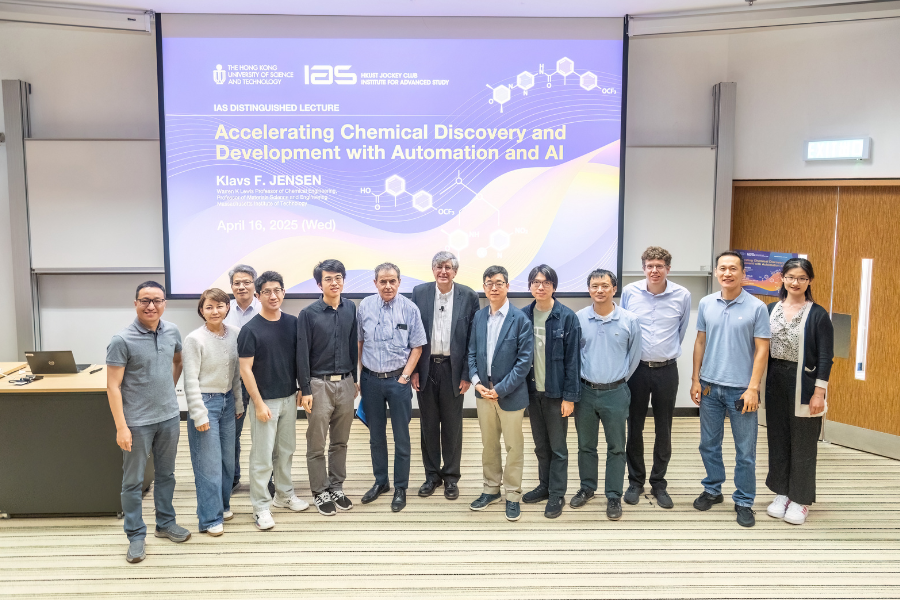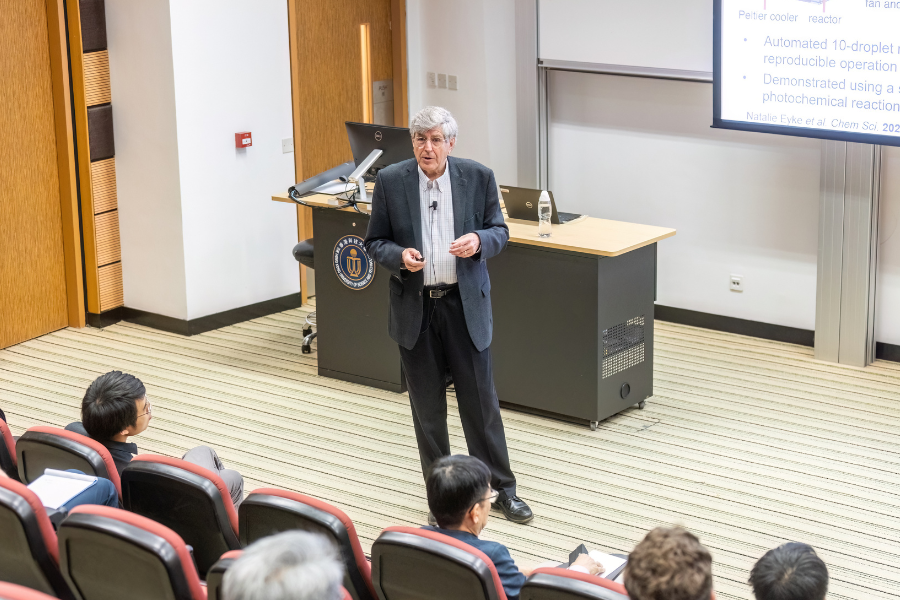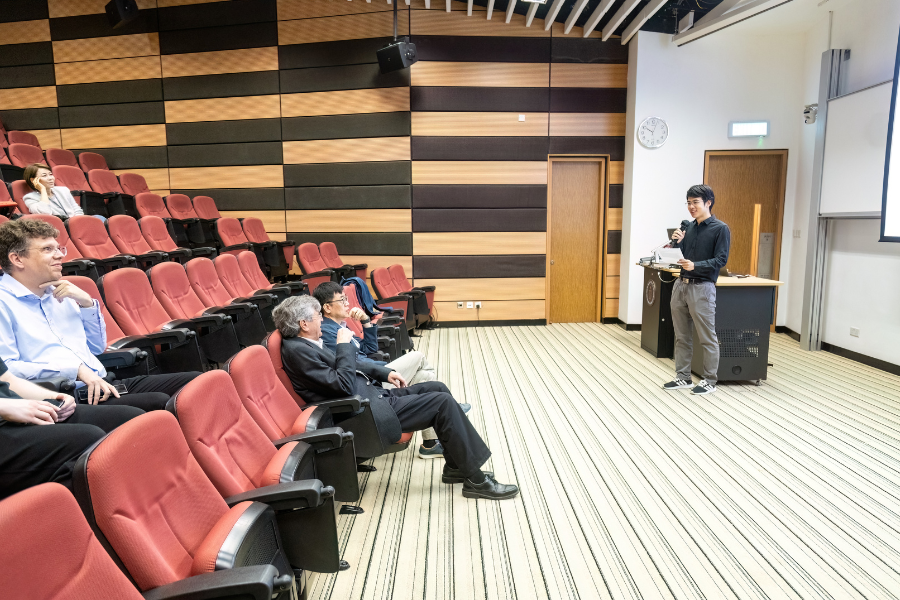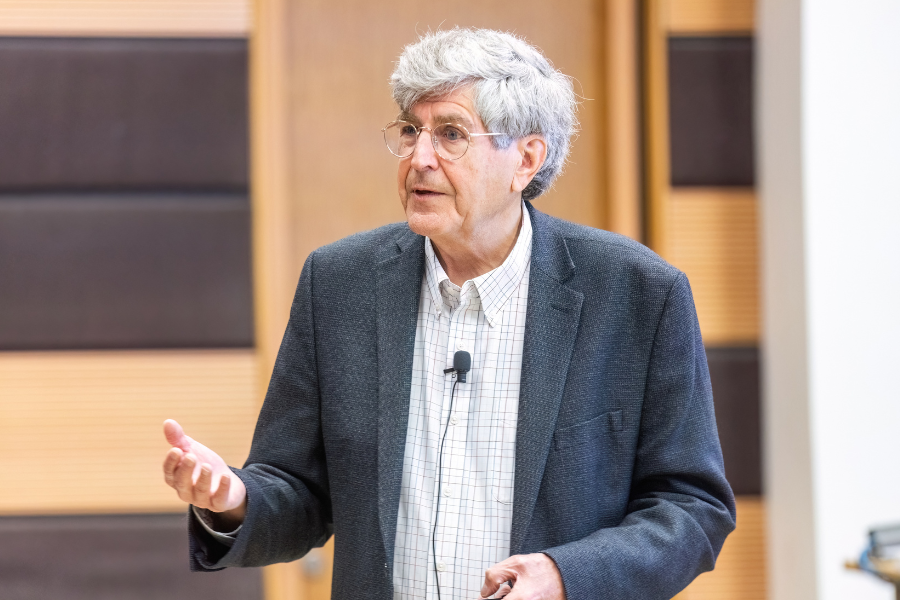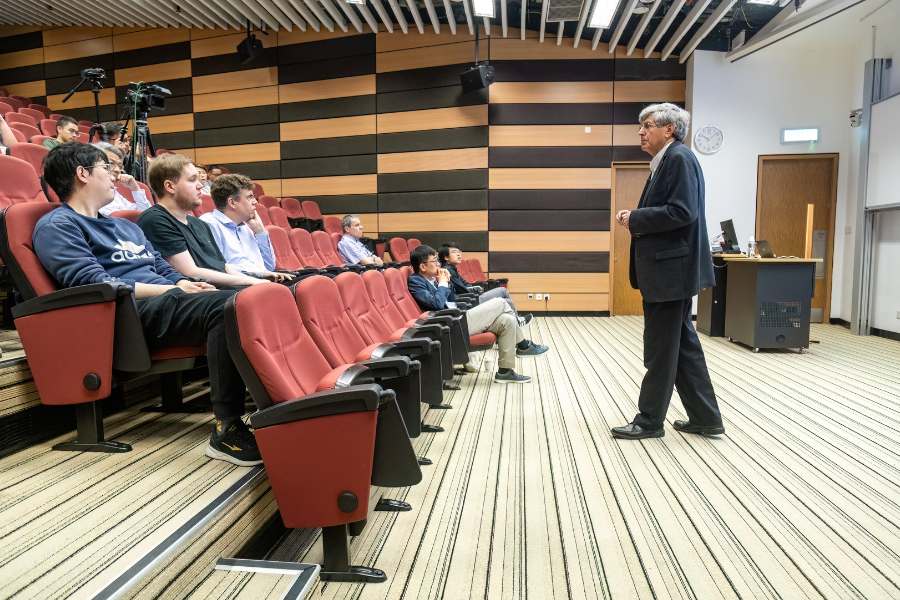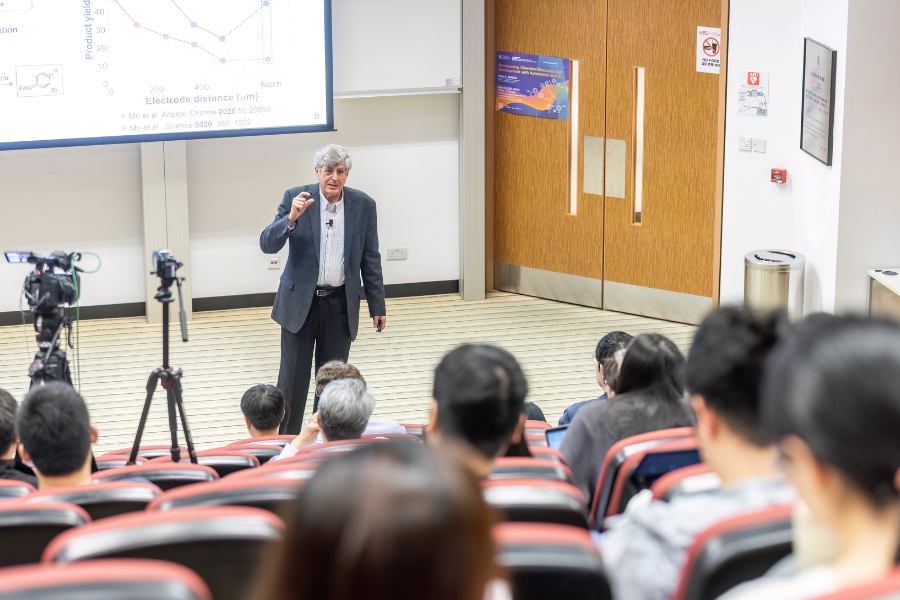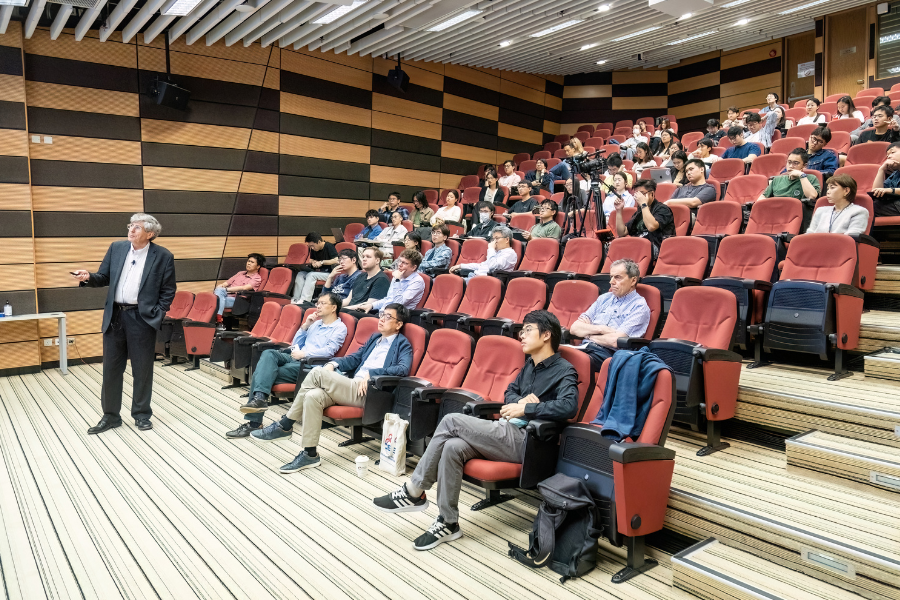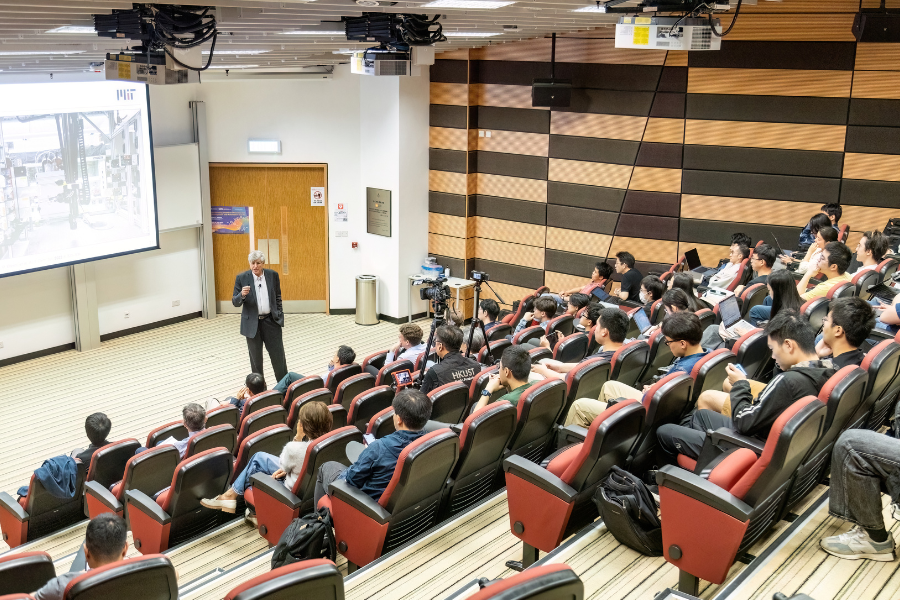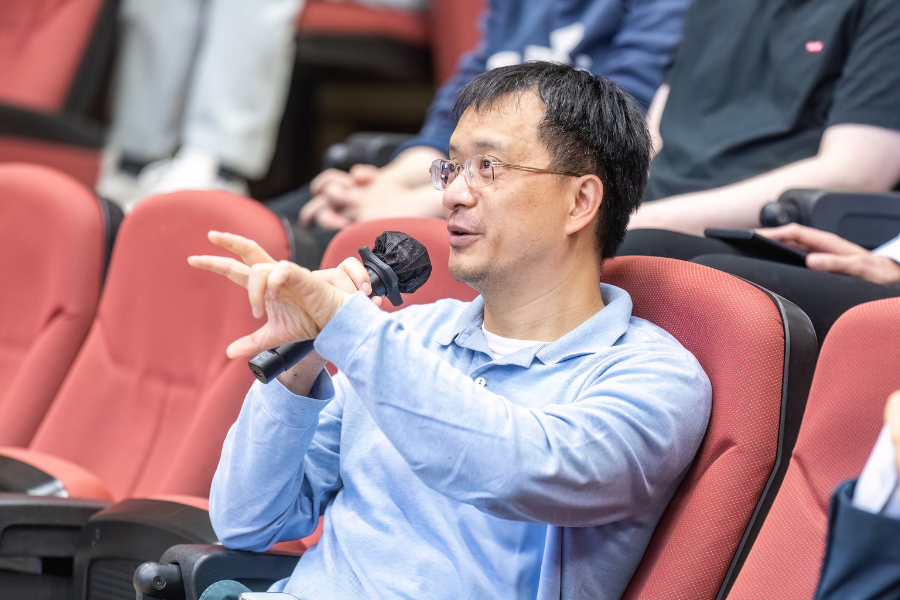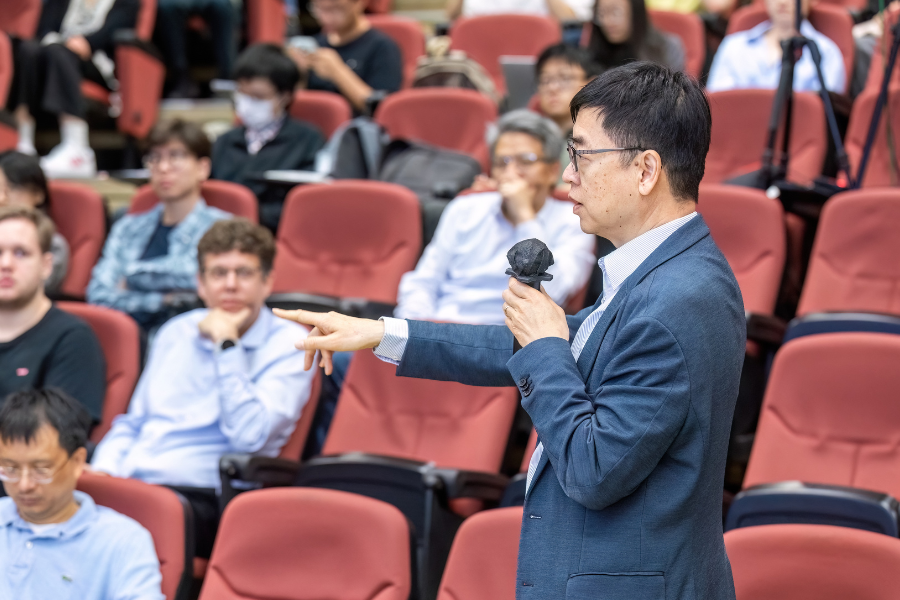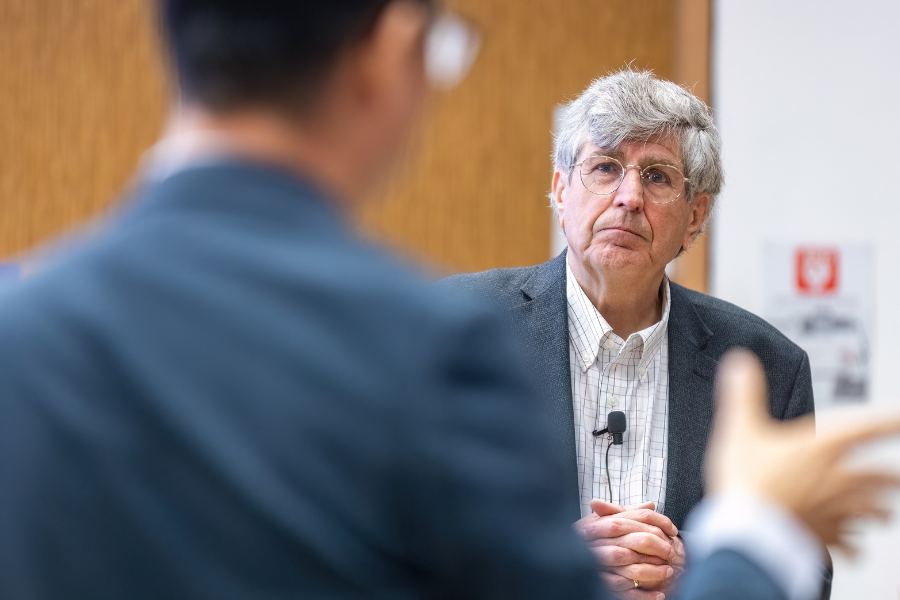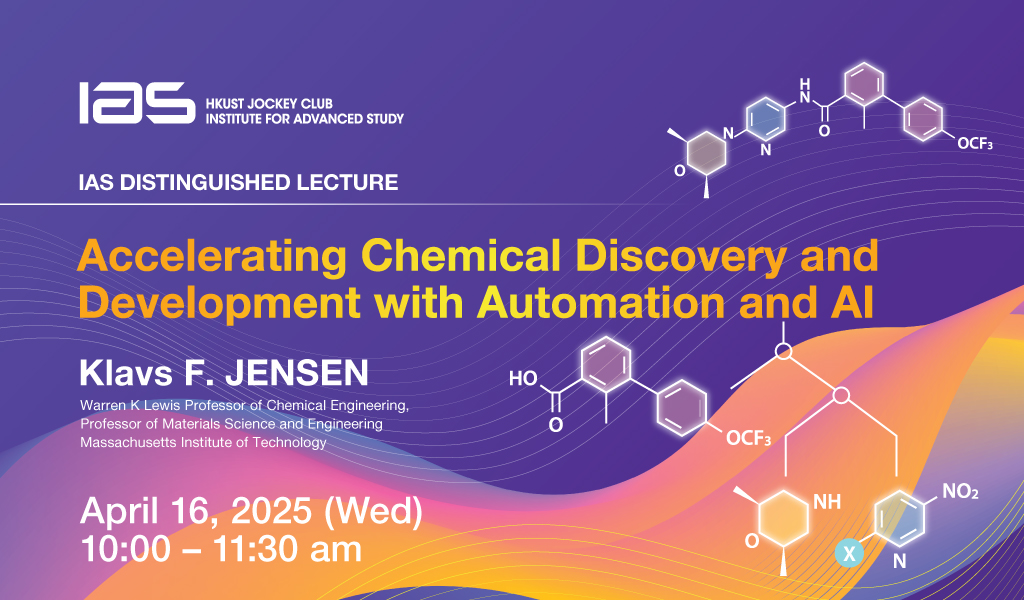Accelerating Chemical Discovery and Development with Automation and AI
Abstract
Flow chemistry, automation, robotics, and artificial intelligence (AI) tools promise to accelerate chemical synthesis processes underlying the discovery and development of molecules. Opportunities and challenges are highlighted with selected case studies, starting with multistep syntheses of pharmaceutical intermediates in an automated, modular, robotic flow chemistry platform. Human insights refine computer-aided synthesis planning (CASP) routes, and multi-objective Bayesian optimization identifies optimal conditions for categorical and continuous process variables. A second case study combines the text extraction and coding capabilities of large language models (LLMs) with predictions of machine learning models (MLs) to identify reactive electrochemical oxidation transformation and their optimal reaction conditions. The final case study integrates ML algorithms for multi-property prediction, molecular generation, CASP, and automated analytical quantification with an automated 96-well-plate platform encompassing liquid handling, multistep chemical synthesis, isolation, and optical and chemical characterization. The discovery of new organic dye molecules and histone deacetylase inhibitors exemplifies the transformational potential of such an autonomous molecular discovery platform. Overall, the presented case studies aim to show that automation, modularity, and robotics integrated with AI/ML techniques enhance our ability to perform flow and batch experiments through idea generation, experimental design, execution, optimization, and autonomy.
About the Speaker
Prof. Klavs F. JENSEN is Warren K. Lewis Professor in Chemical Engineering and Professor of Materials Science and Engineering at the Massachusetts Institute of Technology (MIT). He is a co-director of MIT’s consortium, Machine Learning for Pharmaceutical Discovery and Synthesis, which aims to bring machine learning technology into pharmaceutical discovery and development. From 2007 to July 2015, he was the Head of the Department of Chemical Engineering. Prof. Jensen’s research integrates chemical engineering, organic chemistry, and computer science to accelerate the discovery and development of new materials and synthetic routes while reducing costs and improving safety. His multidisciplinary work has contributed to microfluidic devices for chemical synthesis; fundamental technologies for continuous synthesis of fine chemicals and pharmaceuticals, “flow chemistry;” development of automation methods for pharmaceutical development and automated chemical synthesis; combining machine learning techniques, chemical synthesis, and engineering to develop new tools for the design of synthetic pathways for target molecules; development of automated robotic platforms that use machine learning to plan and execute synthetic routes to meet specific goals.
Prof. Jensen is the co-author of more than 500 refereed journal publications and the inventor of ~65 US patents. His work has been cited over 80,000 times. He was the inaugural Editor-in-Chief of the Royal Society of Chemistry Journal Reaction Chemistry and Engineering from 2015 to 2024. He has received several awards, including the W.H. Walker and Founders Awards of the American Institute of Chemical Engineers, and the inaugural IUPAC-ThalesNano Prize in Flow Chemistry. Prof. Jensen is a member of the US National Academy of Sciences, the US National Academy of Engineering, and the American Academy of Arts and Science. He is a Fellow of the American Association for the Advancement of Science (AAAS), the National Academy of Inventors, the American Institute of Chemical Engineers, and the Royal Society of Chemistry.
For Attendees' Attention
Seating is on a first come, first served basis.

